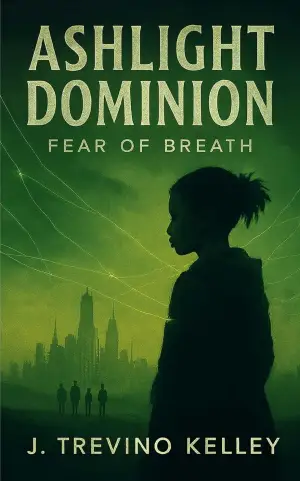Filterworld: How Algorithms Flattened Culture by Adam Fischer – A Frustrating Journey
Have you ever read a book so frustrating that it nudged you to finally start a Goodreads account after five long years of resisting? That was my experience with Filterworld: How Algorithms Flattened Culture by Adam Fischer. I was drawn in by the promise of exploring an issue that resonates deeply with our digital age — the implications of algorithm-driven content curation on culture. However, what I discovered was less an enlightening exploration and more a perplexing contradiction, filled with insights that left me scratching my head.
At its core, Filterworld aims to address whether algorithms contribute to cultural flattening or diversification. The thesis seems firmly rooted in the former, yet throughout the book, Fischer presents instances where two users on the same platform have vastly different experiences due to algorithmic personalization, leading to isolation and echo chambers. This contradiction is never resolved. It’s as if Fischer strolled through a buffet of ideas: he simply lists them side by side without any interrogation. Where’s the critical analysis? The nuanced discussion? It left me flipping to the back cover to check if Fischer was, in fact, a journalist by training — because sometimes, you can’t help but feel he’s writing hot takes rather than engaging in deep research.
One of my major gripes is Fischer’s lack of discussion about the inherent biases within tastemaking. The author discusses the importance of curation without addressing the historical context of who gets to curate — a deeply flawed process often buffered by whiteness and elitism. His analysis underplays the complexities, and while it doesn’t need to delve into every nuance of neoliberalism or colonialism, ignoring these factors feels like a significant oversight.
As someone who has navigated both traditional publishing and algorithmic promotion, I found his comments on the influence of BookTok and BookTube on the industry to be blatantly off-base. Fischer bemoans the issues caused by algorithms without acknowledging how these platforms have democratized authorship, offering new avenues for voices that were previously sidelined. This lack of understanding, particularly about the MFA industry’s elitism, weakened his credibility in other arguments, making me question the depth of his research throughout the book.
When Fischer tackled TikTok, it became painfully clear that he hasn’t grappled with its nuances. His complaints felt like the musings of an out-of-touch critic, overlooking the vibrant subcultures that thrive there. For many, TikTok isn’t just a mindless scroll; it connects marginalized voices and shared experiences that were once hidden. The book misses an opportunity to give credit where it’s due, simplifying the conversation to “TikTok is bad.” If only Fischer had acknowledged that users can indeed harness the algorithm to uplift diverse content!
Despite these frustrations, I won’t label Filterworld as the worst book I’ve ever read, but it does rank highly on my list of missed opportunities. The ultimate disconnect comes from my expectation of a thought-provoking examination of how algorithms weave into the fabric of culture. Instead, I was met with an assortment of complaints that often felt disconnected from my realities and experiences, echoing sentiments already abundant in social media discussions.
In closing, I would recommend Filterworld for readers who enjoy a dig into the everyday effects of algorithms but with a caveat: prepare for a mountain of contradictions and limited critical insight. If you’re looking for a deep dive into how technology intersects with culture, you might find more enlightening discussions in documentaries like The Social Dilemma. As I finally closed this book, I felt a bittersweet relief, a longing for the depth that never quite materialized. For now, I’ll just cling to my Goodreads account as a testament to this reading experience — and perhaps to organize my thoughts on the next book that captures my imagination, and hopefully, my understanding.
Discover more about Filterworld: How Algorithms Flattened Culture on GoodReads >>






